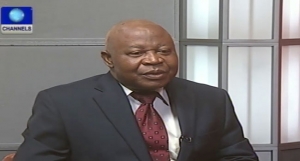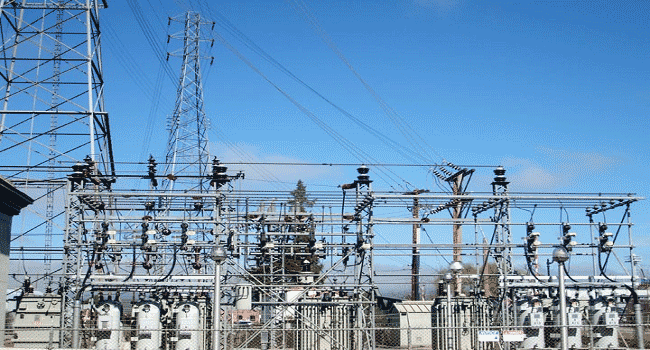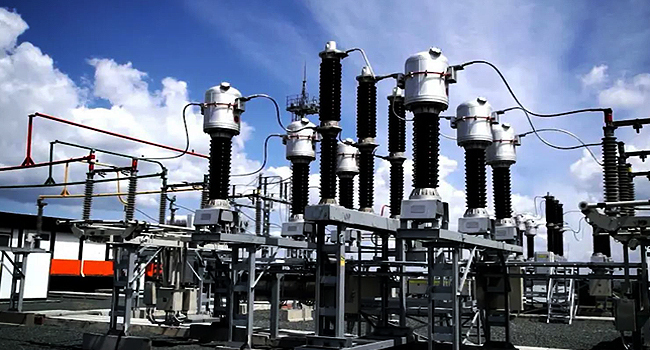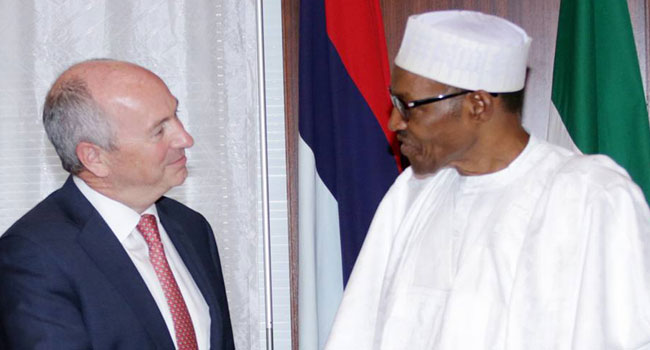
The possibility of achieving 10,000 megawatts of electricity in Nigeria in four years is possible if the government would draw up a plan and show the will to pursue the plan, an Expert in power control engineering has said.
In an interview with Channels Television on Wednesday, a Professor with the University of Lagos, Frank Okafor, said that the government’s promise of increasing the power supply to Nigeria would require a combination of all forms of renewable energy.
Professor Okafor, however, said that Nigeria had not put in place the infrastructure needed to ensure that the renewable energy would work.
He urged the government to put forward a plan of how they intend to achieve the proposed 40,000 megawatts in eight years, as promised in their campaigns.
“As much as renewable energy is the way to go, Nigeria has not gotten to the threshold.
“We still need to attract and empower certain industries. Apart from given incentives, the government should concentrate in giving us the power that we need to power our industries.
“It is a good dream and it is possible, but whether there is a plan or infrastructure in place to get that done, as we speak I will be constrained to say; ‘that is not so’.
“It takes two things – good planning and the will to pursue the plan,” Professor Okafor said.
On the challenges that could be faced in the use of solar energy, he stressed that the cost of providing batteries that could sustain high megawatts of power in periods where there is no sun was high.
He said: “There are new entrances that are into solar energy provision. But what they are doing is to generate 100 megawatts of electricity in the afternoon and during the night there is no power. Some 100 megawatts should come from somewhere to sustain the light at night”.
Professor Okafor also emphasised the need for proper evaluation of companies coming for licences in any sector to ensure that they were capable of providing the services they claim they could provide.





